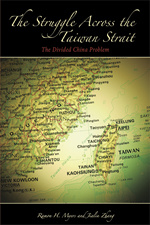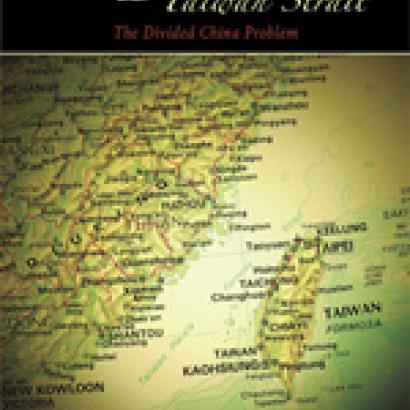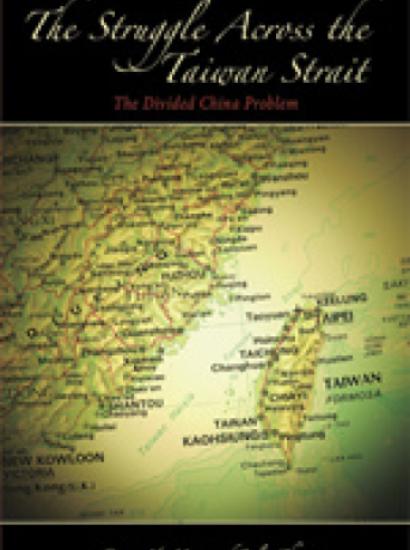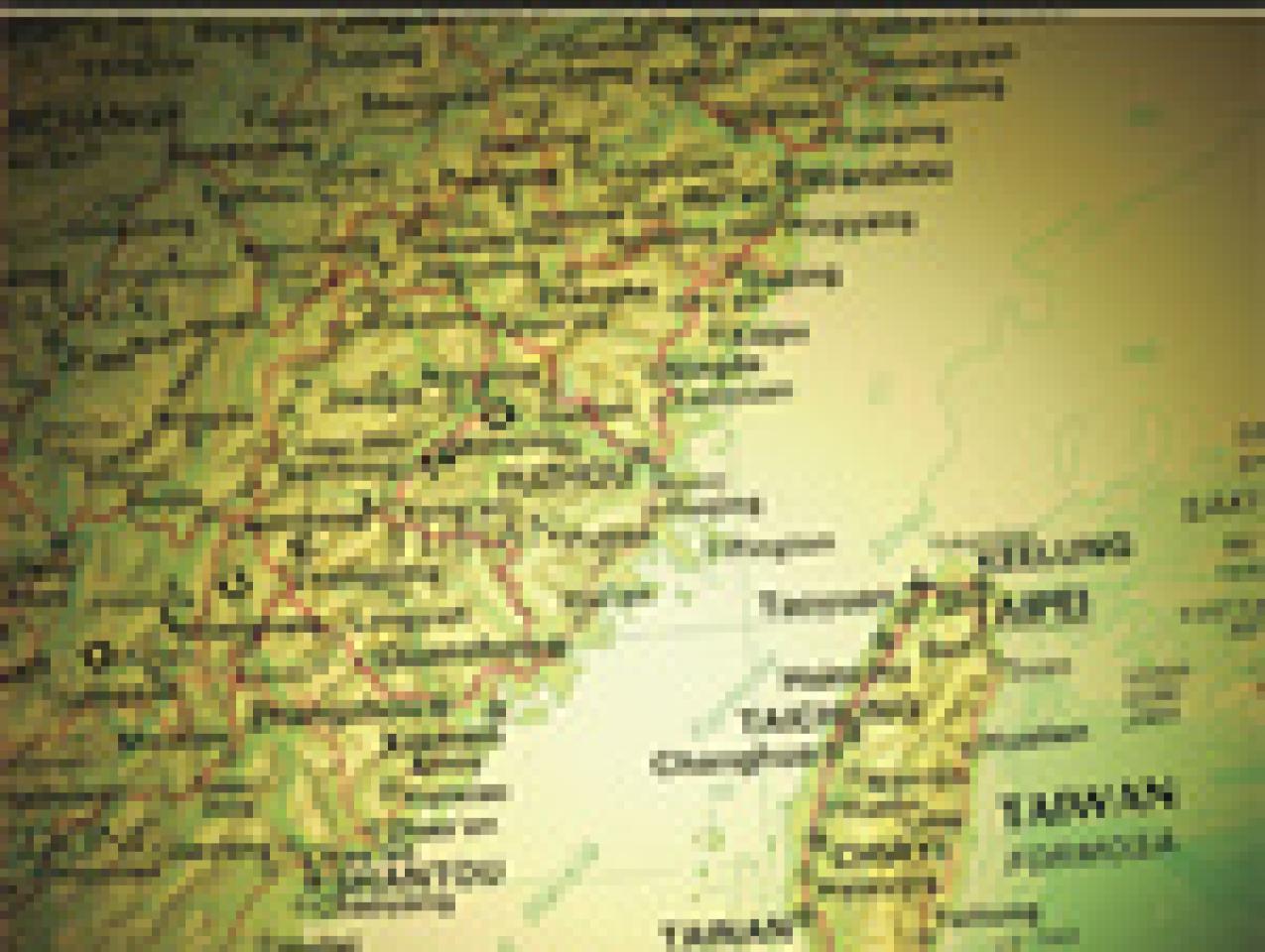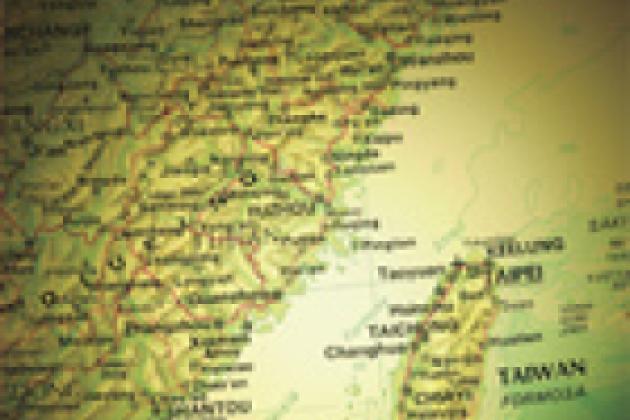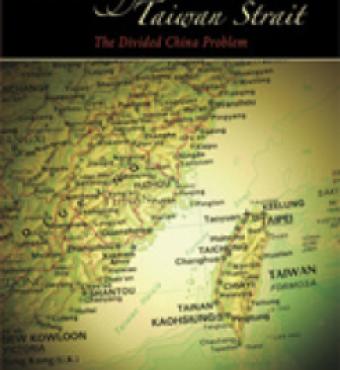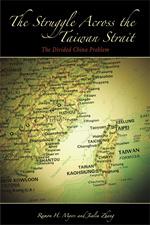- International Affairs
- US Foreign Policy
In 1949, China divided into two regimes, with the People's Republic of China controlling the mainland and Taiwan, or the Republic of China, controlling a group of offshore islands. The Struggle across the Taiwan Strait describes how, for more than half a century, these competing regimes have struggled to unify China—until the "political earthquake" of Taiwan's 2000 election raised the stakes to a new and more dangerous level.
The authors detail the two regimes' move toward détente, and its eventual collapse in the 1990s, and analyze the aftermath of Taiwan's 2000 and 2004 elections. And they explain how the "Taiwan nationalism" promoted by the current regime—calling for Taiwan's independence from China—has not only intensified the conflict between the regimes but locked both sides into a new contest that has increased the probability of war rather than peace.
Whether negotiations on the divided China issue can occur any time soon, the authors conclude, depends on how the ideological and political markets influence Taiwan and mainland China's political life and beliefs. If Taiwan nationalism grows, with a new generation educated to downgrade the importance of their Chinese identity, tensions would likely nurture separatism from China—and war would be inevitable. Whatever Taiwan's people decide to do, the issue will continue to be a formidable problem for the leaders of both sides.
Copyright 2006.






